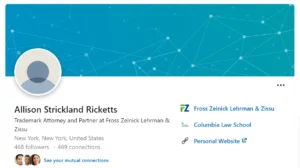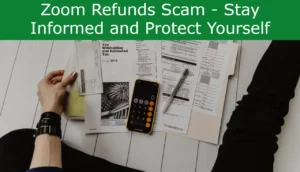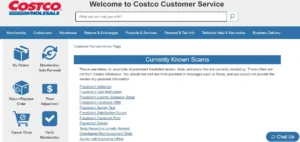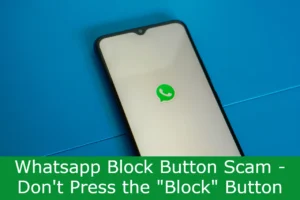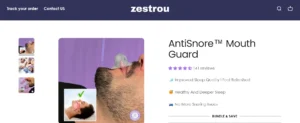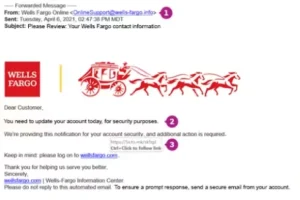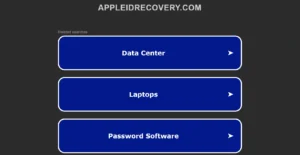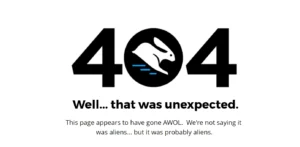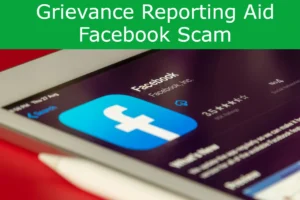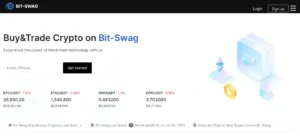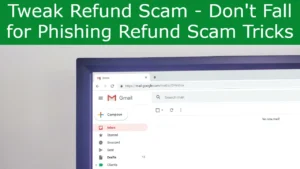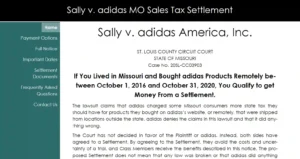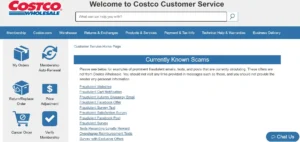Are you aware of the Thesalt scam targeting users on Whatsapp? Learn how this phishing scheme operates and discover the signs to watch out for in phishing messages.
Take steps to protect yourself from falling victim to the scam and report any suspicious activity to Thesalt.co.za.
Find out about additional security measures you can take as an influencer marketer on Whatsapp.
Stay informed and keep your information safe from scammers.
Table of Contents
How the Thesalt Scam Operates
You frequently receive phishing messages on Whatsapp, which explain how the Thesalt scam operates. These messages claim to be from Thesalt.Co.Za, an influencer marketing website, offering lucrative opportunities to earn money by promoting products.
The scammers impersonate Thesalt.Co.Za and provide a link to a website that looks legitimate. They ask you to sign in using your Thesalt account details, but beware! This is a clever ploy to steal your personal information. Once you enter your login credentials, the scammers gain access to your account and can use it for fraudulent activities. They may even change your account password, locking you out.
To protect yourself from falling victim to this scam, always be cautious of unsolicited messages and verify the authenticity of the sender. Never provide personal information or login credentials through unknown or suspicious links. Stay alert and protect your online security.
Signs to Look Out for in Phishing Messages
Be vigilant for signs of phishing messages in order to protect yourself from falling victim to scams. Phishing messages can be cleverly disguised as legitimate communications, making it important to stay alert and cautious.
One common sign to look out for is poor grammar or spelling mistakes. Legitimate companies usually have professional communication standards and won’t make such errors.
Another red flag is the urgency or pressure created by the sender, urging you to take immediate action. Phishing messages often use fear tactics to manipulate you into giving away sensitive information or clicking on malicious links.
Additionally, be wary of suspicious email addresses or URLs that don’t match the company’s official website.
Steps to Take to Protect Yourself From the Thesalt Scam
To protect yourself from the Thesalt scam, it’s important to take proactive measures.
First and foremost, be vigilant and skeptical of any suspicious messages or emails claiming to be from Thesalt.Co.Za. Check for any red flags such as poor grammar, spelling errors, or unusual requests for personal information.
Secondly, never click on any links or download any attachments from these messages, as they could contain malware or lead to fraudulent websites. Instead, independently verify the legitimacy of the message by contacting Thesalt directly through their official website or customer support channels.
Additionally, it’s crucial to keep your devices and software up to date with the latest security patches to minimize the risk of being targeted by phishing scams.
Reporting the Scam to Thesalt.Co.Za
To report the Thesalt scam to Thesalt.Co.Za, follow these steps.
Firstly, visit the Thesalt.Co.Za website and navigate to their contact page. Here, you’ll find their official email address.
Next, compose an email detailing the phishing messages you received and the suspicious activity you encountered. Be sure to provide any relevant screenshots or evidence to support your claim.
Make sure to clearly state that you believe you have been targeted by a scam and that you want to report it to them for investigation.
Once you have sent the email, wait for a response from Thesalt.Co.Za. They’ll likely acknowledge your report and take the necessary actions to address the scam.
Other Security Measures for Influencer Marketers on Whatsapp
To enhance your security as an influencer marketer on Whatsapp, consider implementing additional measures.
Firstly, enable two-factor authentication (2FA) for your Whatsapp account. This adds an extra layer of protection by requiring a verification code in addition to your password when logging in.
Secondly, be cautious when clicking on links or downloading attachments from unknown or suspicious sources. These could potentially contain malware or phishing attempts. Always verify the authenticity of the sender before interacting with any links or files.
Additionally, regularly update your Whatsapp application to ensure you have the latest security patches and bug fixes.
Lastly, educate yourself about common phishing techniques and stay informed about the latest security threats. By staying vigilant and taking these precautions, you can significantly reduce the risk of falling victim to scams or unauthorized access to your Whatsapp account.
Conclusion
To protect yourself from the Thesalt scam on WhatsApp, it’s important to be vigilant and look out for signs of phishing messages. Taking steps to protect your personal information and reporting any suspicious activity to Thesalt.co.za can help prevent falling victim to this scam.
Additionally, it’s recommended to implement other security measures when engaging in influencer marketing on WhatsApp to ensure the safety of your online activities.
Stay informed and stay safe.
Also Read
Bezwex Scam – Bezwex.Com Fake Jeff Bezos Bitcoin Giveaway Scam
Usa Connect Scam Exposed – Don’t Be a Victim
Also Read
Ns&I Prize Checker Scam – Ns&I Scam Emails Phishing Exposed
Whatsapp Block Button Scam – Don’t Press the “Block” Button
Also Read:
Mail@Networkforgood.Com Scam – Phishing Email Prompting a Fund Withdrawal






